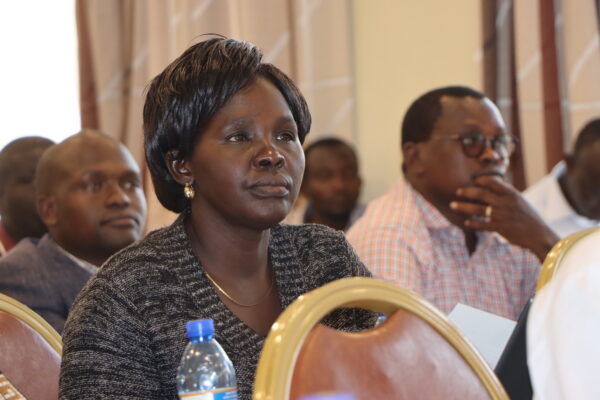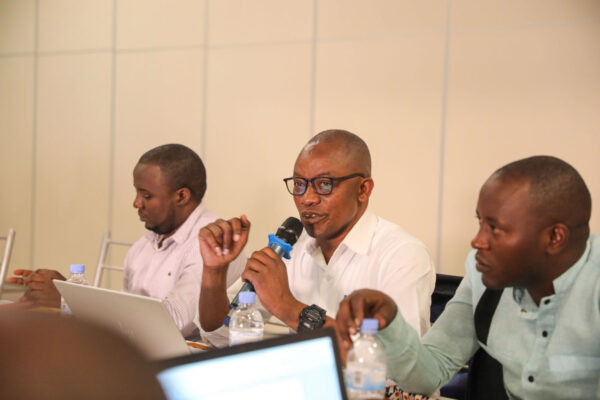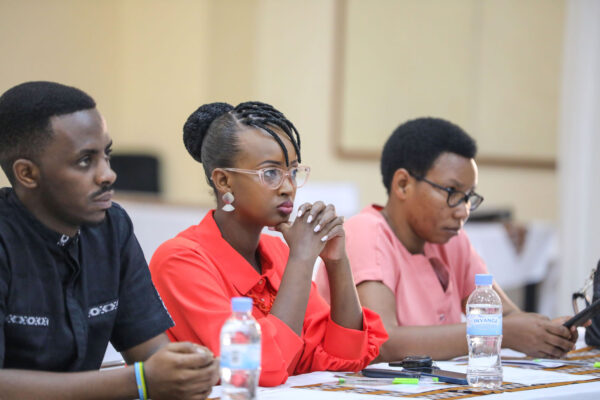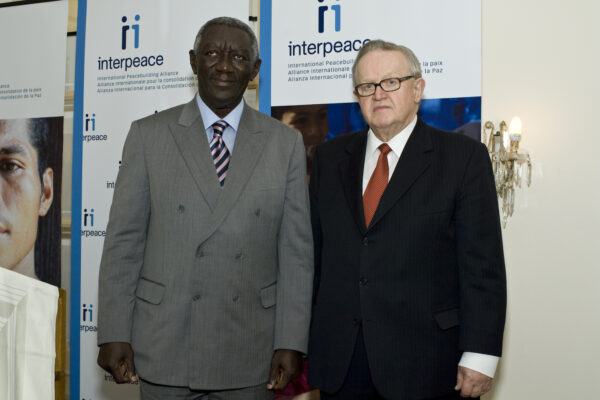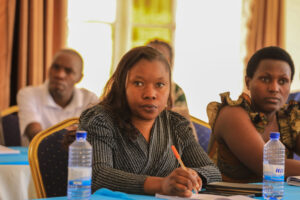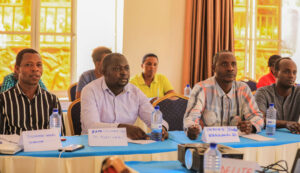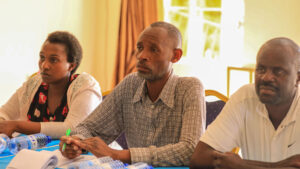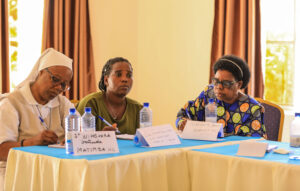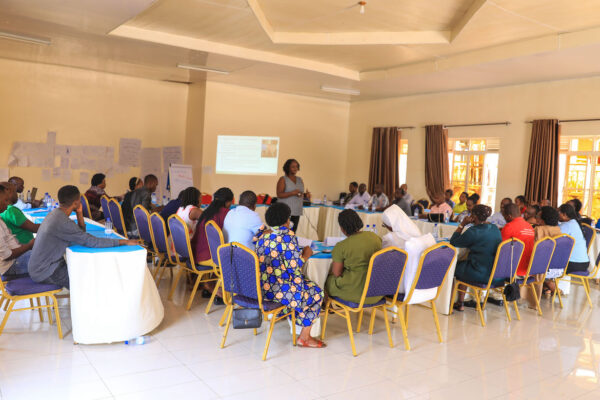Kenya: Fostering sustainable peace and development in Tiaty through collaboration with professional organisations
The Tiaty sub-county, located in Baringo County within Kenya's North Rift region, has been plagued by persistent conflicts. The root cause of these security threats in Baringo County can be traced back in early 70s, when the first attack occurred in Kalapata, Baringo North, resulting in the loss of livestock. Before this event, the Pokots and Tugens communities peacefully coexisted in the area, engaging in a mutually beneficial barter trade system where cows were exchanged for farm produce. However, tensions escalated when the Pokot community residing in Tiaty started launching attacks on their neighbouring communities. This ongoing conflict has created significant challenges for the government and other stakeholders in providing essential services such as food, water, and sanitation to the affected communities. Despite past efforts to establish peace, these initiatives have yielded limited success. Furthermore, the educated elite in Tiaty have faced criticism for their perceived failure to effectively utilise their leadership roles, thereby hindering positive transformations.
To address these challenges, Interpeace facilitated an interactive dialogue process with professionals mainly drawn from Tiaty subcounty, Baringo county. The workshop served as a platform for the Tiaty Professional Association (TPA) and various dignitaries, including Senator Baringo County, County Executive Committee (CEC) members and selected members of the county assembly to come together. The objective of this interactive session was to foster a collaborative intervention that would contribute to the establishment of sustainable peace in the sub-county.
Guiding the discussions was Interpeace’s study, ‘Impediments to Peace and Community Resilience in Kenya’s North Rift Region.’ This study aimed to objectively identify the underlying fragilities that hinder peace in the North Rift region. Additionally, it sought to determine the factors of resilience within communities that could be leveraged to foster peace in the region. It is crucial to acknowledge that the absence of peace in Tiaty has led to significant social and economic marginalisation. Those in positions of power frequently disregard this reality.
Achieving peace in Tiaty requires building peace and capabilities from the ground up in a multifaceted approach. With this objective in mind, the meetings produced a set of deliverables that will serve as a guiding roadmap for the successful implementation of sustainable peace and development in Tiaty. Hotspots in Tiaty were identified and mapped, and interventions and peace meetings were planned in these areas. Key messages were formulated, including the urgent need to cease attacks on neighbours, return stolen animals and guns from raids, and apprehend all bandits. The roadmap will serve as a guiding compass to fulfil the objective of establishing sustainable peace in the sub-county.
Speaking at the meeting, Julius Akeno, Chairman of the Tiaty Professional Association, highlighted a concerning issue that has persisted for far too long. He acknowledged that professionals, including from the Pokot community, have remained silent on matters of peace, possibly due to their demanding work schedules scattered across the country. “It is high time the Pokot, particularly the professionals, speak out to tell their story and create solutions to solve the many problems facing their people,” he asserted.
Community-led efforts are equally vital in creating a conducive environment for positive change. By combining the expertise of professionals with the grassroots knowledge and experiences of the community, a comprehensive approach to conflict resolution can be established. Hon. Maureen Limashep, CEC, Baringo County, emphasised the need for community-led initiatives to address the region's insecurity issue effectively. “Our main goal should be to put an end to the menace of cattle rustling within a reasonable timeframe. In doing so, we shall enhance a transformative change that will accelerate peacebuilding efforts and serve as an enabler for development, security, social and economic justice, and reconciliation.”
Hon. William Cheptumo, Senator Baringo County and Chairperson of the Senate Security Committee emphasised the need for development in the county. He acknowledged the undeniable reality of deep-rooted marginalisation that has hindered progress and heightened tensions among communities. “Unless we become honest and accept that there is a problem, our actions will be futile.” He informed the participants about the government's plans to recruit the National Police Reservists (NPR) for Tiaty. This strategic move is expected to significantly address the issue of cattle rustling, which has been a persistent challenge in the region.
Hassan Ismail, Interpeace Kenya Country Representative, urged professionals to get involved in conflict resolution. “Professionals should speed up their involvement in resolving conflict in Tiaty, as this will automatically promote peace and security in Baringo, Samburu, Laikipia, Elgeyo Marakwet, and Turkana County.
Interpeace’s support for the Tiaty Professional Association represents a commitment and principle of “nothing about us without us.” The initiative seeks to empower Tiaty’s professionals to assume a central role in achieving lasting peace and development in the region. It recognises that community-led efforts, coupled with the active participation of professionals, are critical to breaking the cycle of violence and fostering positive change.
